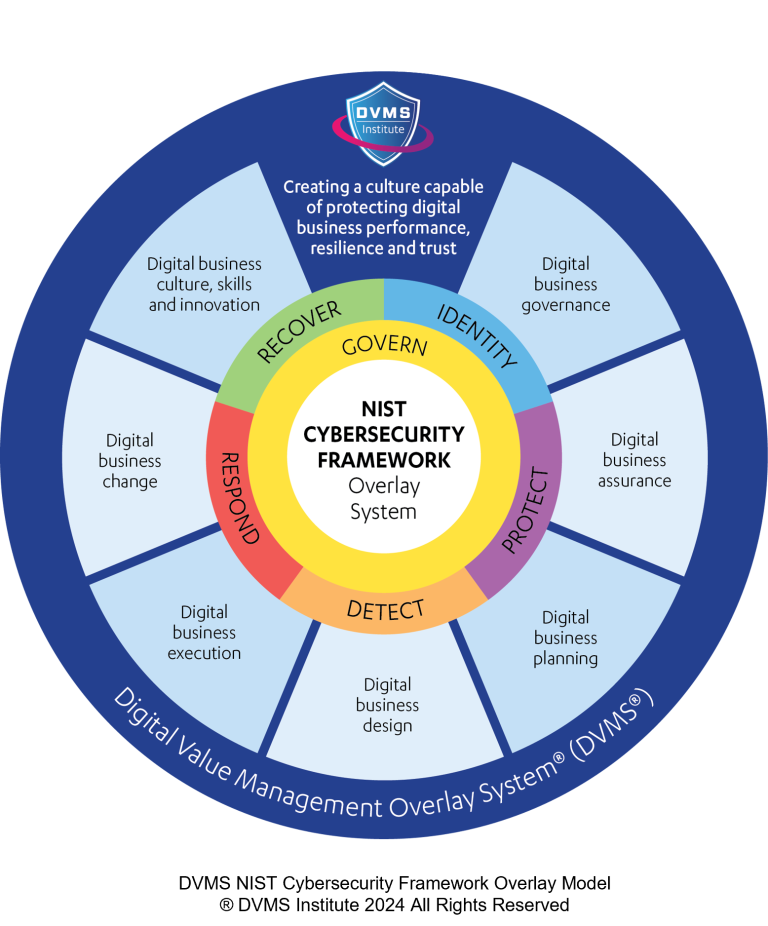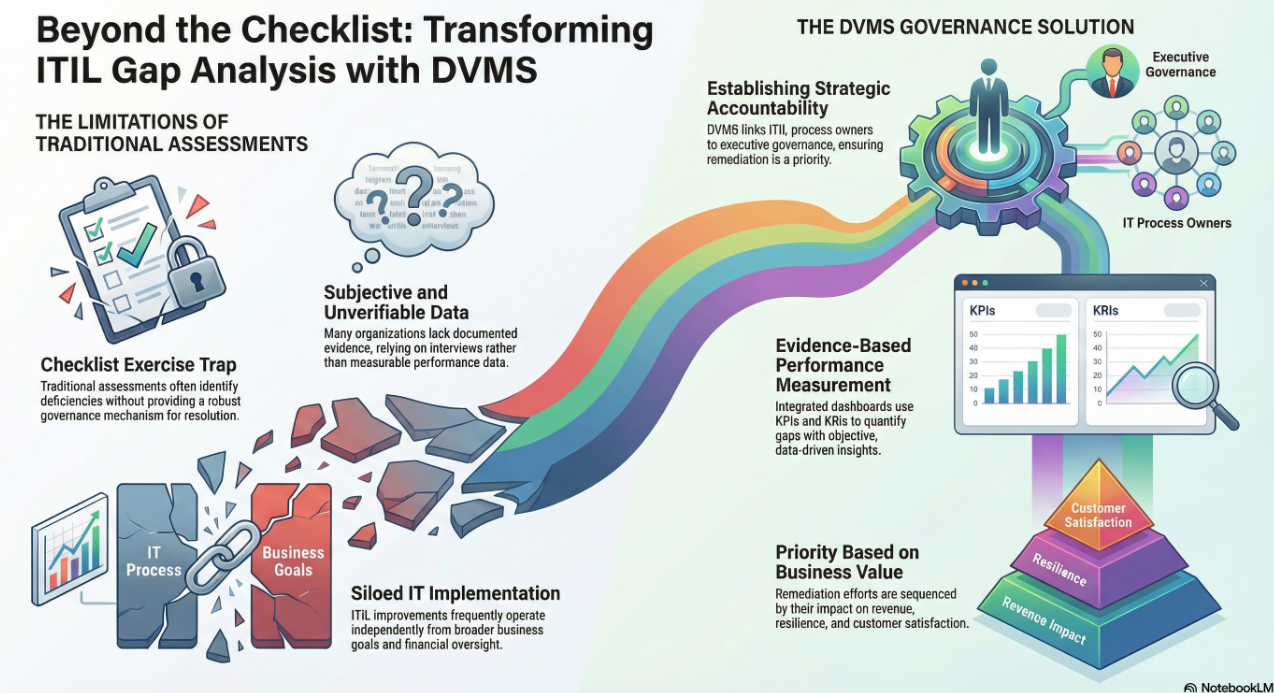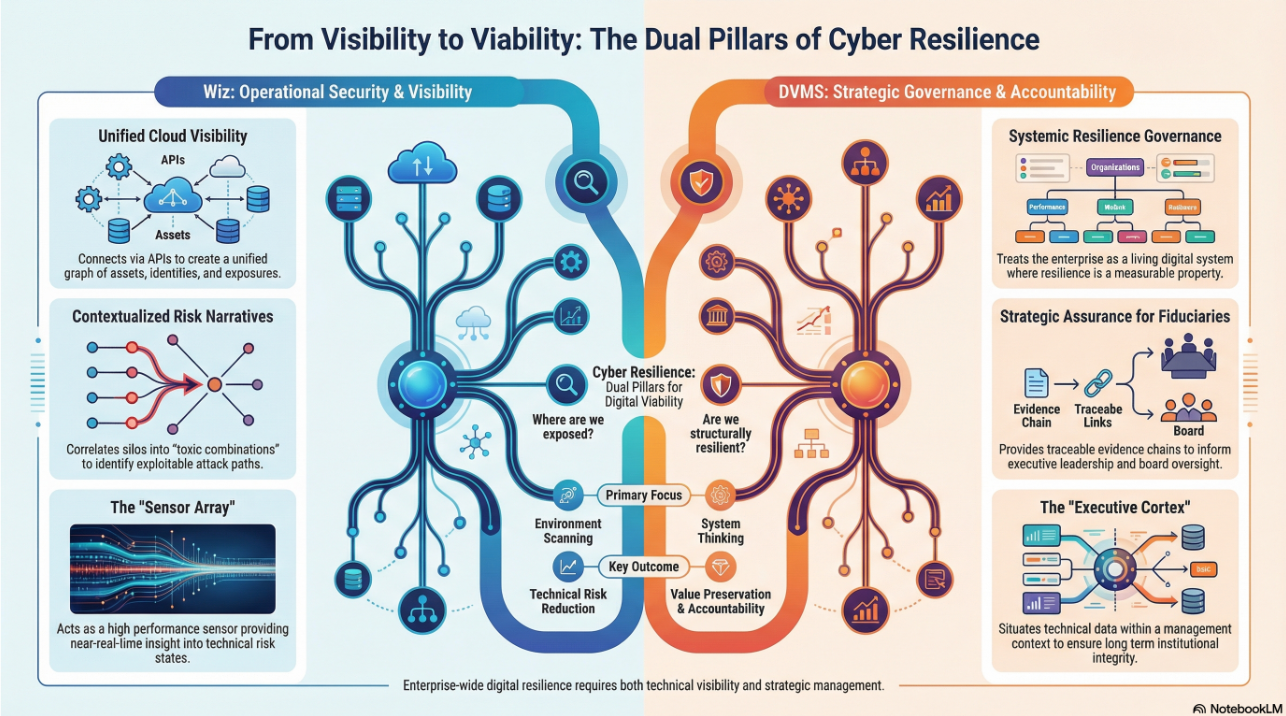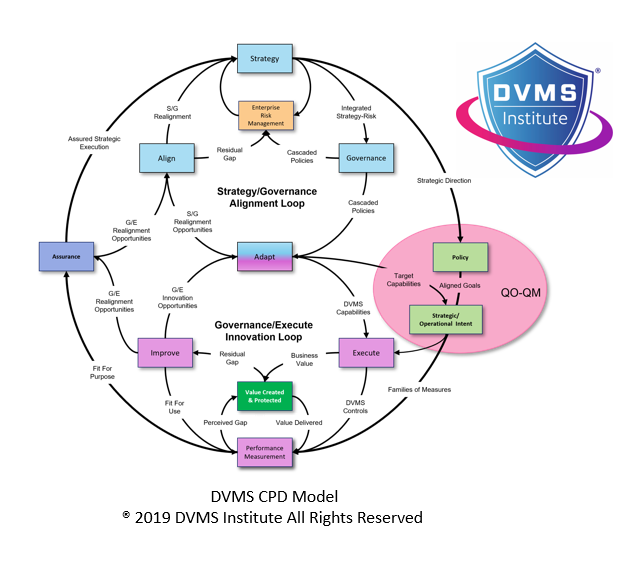C-Level Executives & Boards: The Guardians of Enterprise Cyber Risk
Rick Lemieux – Co-Founder and Chief Product Officer of the DVMS Institute
The role of C-level executives and board members in cybersecurity risk management is paramount. Their leadership, vision, and decision-making are instrumental in shaping an organizational security posture.
C-suite executives, including the CEO, CFO, CIO, and CISO, are responsible for organizational cybersecurity. They set the tone for security culture, allocating resources and ensuring that cybersecurity is integrated into the overall business strategy. Their understanding of the potential consequences of a cyberattack is crucial for making informed decisions about risk mitigation.
The CEO is the ultimate decision-maker and sets the organizational overall direction. They must champion cybersecurity as a business imperative, prioritizing it alongside other strategic goals. By demonstrating a solid commitment to security, the CEO can inspire employees at all levels to adopt a security-first mindset.
The CFO is responsible for managing the organizational financial resources. They play a critical role in allocating budget for cybersecurity initiatives, evaluating the return on investment (ROI) of security measures, and assessing the financial impact of a potential cyberattack. The CFO must understand the economic implications of data breaches, including legal costs, regulatory fines, and reputational damage.
The CIO is the chief technology officer responsible for the organizational IT infrastructure. They work closely with the CISO to develop and implement cybersecurity strategies. The CIO must ensure that technology investments align with security objectives and that the IT environment is resilient to cyberattacks.
The CISO, or Chief Information Security Officer, is the primary cybersecurity leader within the organization. They are responsible for developing and executing the cybersecurity strategy, managing security operations, and communicating security risks to the C-suite and board. The CISO must be a skilled communicator who can translate complex technical information into understandable business terms.
The board of directors provides oversight and guidance to the organization. They are responsible for ensuring that the organization has adequate cybersecurity controls and that risks are managed effectively. Board members should understand cybersecurity concepts and the potential impact of cyberattacks on the business.
Effective communication between the C-suite and the board is essential for successful cybersecurity governance. Regular reporting on cybersecurity risks, incidents, and mitigation strategies is crucial. The board should be informed about the organizational security posture and emerging threats.
Furthermore, C-level executives and board members must foster a culture of cybersecurity throughout the organization. This includes promoting security awareness among employees, encouraging reporting of suspicious activities, and recognizing achievements in cybersecurity. Organizations can significantly reduce the risk of cyberattacks by creating a security-conscious culture.
The leadership and commitment of C-level executives and board members are indispensable for effective cybersecurity risk management. By prioritizing cybersecurity, allocating resources, and fostering a security-conscious culture, they can protect the organizational reputation, assets, and customers.
The evolving threat landscape demands continuous attention from the C-suite and board. By staying informed about emerging threats and best practices, they can ensure that the organization is prepared to face future challenges.
About the Author

Rick Lemieux
Co-Founder and Chief Product Officer of the DVMS Institute
The DVMS Institute teaches organizations of any size, scale, or complexity an affordable approach to mitigating cyber risk to protect digital business performance, resilience, and trust.
Rick has 40+ years of passion and experience creating solutions to give organizations a competitive edge in their service markets. In 2015, Rick was identified as one of the top five IT Entrepreneurs in the State of Rhode Island by the TECH 10 awards for developing innovative training and mentoring solutions for boards, senior executives, and operational stakeholders.
® DVMS Institute 2024 All Rights Reserved




